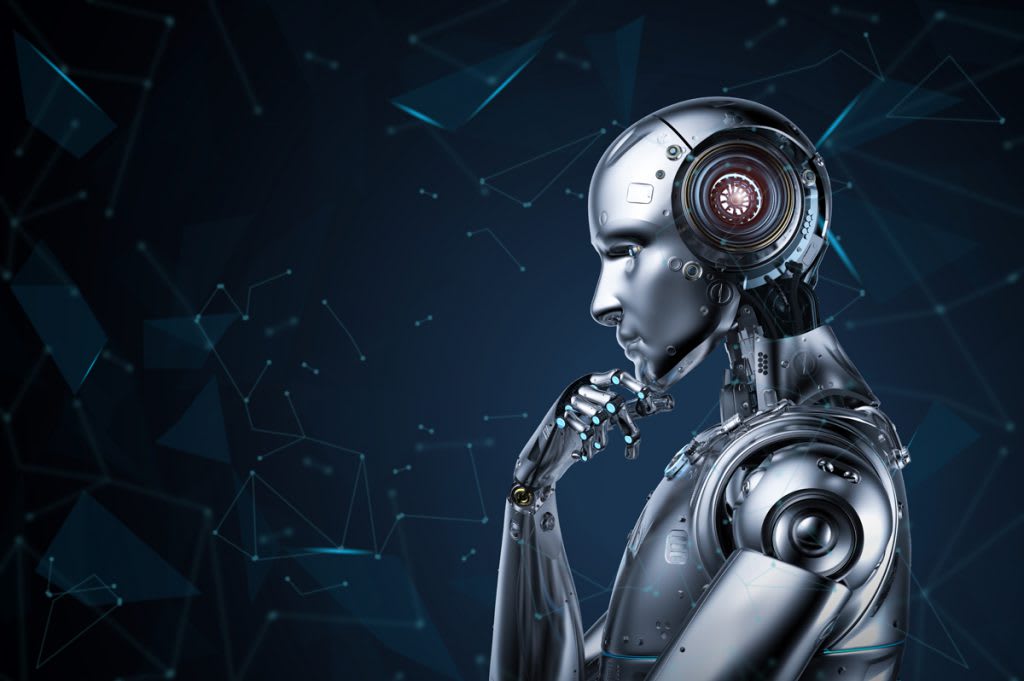"The Rise of Artificial Intelligence: Implications and Challenges for the Future"
"The AI Ascendancy: Navigating the Future's Implications and Challenges"

Title: The Rise of Artificial Intelligence: Implications and Challenges for the Future
Introduction
Artificial Intelligence (AI) has emerged as a transformative technology that is reshaping various aspects of our lives. From virtual assistants on our smartphones to self-driving cars and advanced healthcare systems, AI is revolutionizing industries and changing the way we live and work. However, along with its potential benefits, AI also brings forth a range of implications and challenges that need to be carefully considered. In this article, we will delve into the rise of artificial intelligence, exploring its implications for society and highlighting the challenges we may face in the future.
Implications of Artificial Intelligence
Automation and Job Displacement:
AI-powered automation is rapidly replacing certain jobs, leading to concerns about unemployment and job displacement. While AI creates new opportunities, it also necessitates reskilling and upskilling to adapt to the evolving job market. Governments, educational institutions, and industries need to collaborate to ensure a smooth transition and provide support to those affected.
Ethical Considerations:
AI raises ethical concerns, particularly in areas such as privacy, bias, and accountability. As AI systems make decisions that impact individuals and society, issues related to data privacy, algorithmic biases, and the transparency of decision-making processes become critical. Developing robust ethical frameworks and regulations is essential to mitigate these concerns and ensure the responsible use of AI.
Healthcare Advancements:
AI holds immense potential in the healthcare sector, enabling faster and more accurate diagnoses, personalized treatments, and drug discovery. However, the integration of AI in healthcare also poses challenges regarding data security, patient privacy, and the ethical use of personal health information. Striking a balance between harnessing AI's capabilities and maintaining patient trust and privacy is crucial.
Enhanced Productivity and Efficiency:
AI has the potential to greatly enhance productivity and efficiency across industries, optimizing processes and streamlining operations. Intelligent automation, predictive analytics, and smart decision-making systems can enable businesses to make better informed and data-driven choices. However, organizations must also consider the ethical implications of AI adoption, ensuring that human workers are not marginalized or undervalued in the pursuit of efficiency gains.
Challenges of Artificial Intelligence
Bias and Fairness:
One of the major challenges in AI is addressing bias in algorithms and ensuring fairness in decision-making processes. AI systems learn from vast amounts of data, which can inadvertently perpetuate existing biases and inequalities. Building unbiased AI models and continuously monitoring and auditing them is essential to prevent discrimination and ensure fairness.
Security and Privacy:
As AI systems rely on vast amounts of data, ensuring data security and privacy becomes paramount. Cybersecurity threats, data breaches, and unauthorized access pose significant risks. Organizations and governments must invest in robust security measures and regulations to safeguard sensitive data and protect against potential breaches.
Accountability and Transparency:
AI systems often work as "black boxes," making decisions without clear explanations. This lack of transparency raises concerns about accountability. Understanding how AI models arrive at their decisions and establishing mechanisms for explaining and auditing their outputs is crucial. Trust in AI can only be built through transparency and accountability.
Ethical Decision-Making:
Teaching AI systems to make ethical decisions poses a significant challenge. Deciding which principles to embed in AI algorithms and ensuring that they align with societal values requires careful consideration. Encouraging interdisciplinary collaborations between technology experts, ethicists, and policymakers can help develop guidelines and frameworks for ethical AI development and deployment.
Conclusion
The rise of artificial intelligence brings both incredible possibilities and complex challenges. As we embrace the transformative power of AI, it is vital to navigate its implications with caution. Addressing issues such as job displacement, ethical considerations, bias, security, and transparency will require collaboration between governments, industries, and academia.
About the Creator
Abdullah Murtaza
In this ever-evolving world, I am your guide, taking you on a mesmerizing journey through the intricate tapestry of artificial intelligence, uncovering its transformative power and unraveling the implications that lie within.






Comments
There are no comments for this story
Be the first to respond and start the conversation.